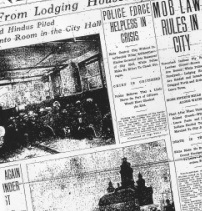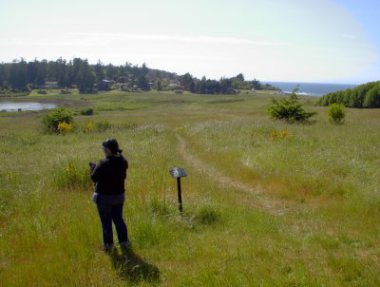Direct action tactics in trying times.
From the July/August 2009 issue of Intersections, the newsletter of Common Action
Your boss won’t pay you for hours you worked. The landlord won’t fix your backed-up toilet. Your friend was detained by Immigration Customs Enforcement, and now she’s facing deportation. Who you gonna call? You might call a lawyer, or a social worker, or you might file an appeal that may or may not receive a reply. But in an economy where these problems are becoming all too common, these solutions just aren’t cutting it anymore – they can be too slow, too expensive, and too isolating. Instead, many groups are turning towards a different solution: direct action.
“Direct action involves bringing people together to confront the person responsible for a problem, in order to demand a swift solution,” explains Emily, a member of Seattle Solidarity Network (SeaSol for short), an all-volunteer organization that supports workers and tenants. Through fliers on telephone poles and bus stops, a website on the Internet, and good old fashioned word-of-mouth, SeaSol encourages people who have a a problem with a boss or landlord to contact the group for support. Together, they write a demand letter and mobilize a crowd of people to deliver it to the boss or landlord’s house or workplace. If the boss or landlord fails to fix the problem by a stated deadline, SeaSol takes further collective action. Using these tactics, SeaSol has enjoyed a string of victories: winning relocation assistance for tenants and, back pay for workers; forcing employers to drop frivolous lawsuits; and more.
While SeaSol focuses on workplace and housing concerns, many organizations around the world have applied a similar approach to a range of issues. Ontario Coalition Against Poverty (OCAP), a Canadian group widely recognized as one of the first to develop the direct action model, targets government assistance offices that illegally withhold support from people. Another Canadian group, No One is Illegal, uses similar tactics on immigration and detention issues. In British Columbia the group has occuped the offices of Canadian Border Services Agency (CBSA) and has prevented CBSA officers from carrying out deportation orders by blocking access. In one instance, more than 1,500 people were mobilized to directly prevent the deportation of a Punjabi refugee at an airport. “Direct action is not always involved in our supportwork, and many migrants have been able to win residency without recourse to it,” explains NOII member Usman Majeed. “However, when petitions, letters to politicians, press conferences, rallies, and legal avenues are all rejected by the state, we have little choice but to use our own bodies to protect and defend members of our community.”
As times get tougher, many people are beginning to question the ability of social services and the legal system to effectively put an end to injustices committed by bosses, landlords and the government. An important book called The Revolution Will Not Be Funded, edited by the group INCITE! Women of Color Against Violence, calls this problem “the Non-Profit Industrial Complex.” The book discusses how non-profit organizations’ dependence paid staff and funding from the government or private foundations like the Rockefeller Foundation severely limits what they can accomplish. By mobilizing groups of people rather than relying solely on experts, direct action groups build something that goes beyond solving individual grievances. Direct action groups demonstrate that peoples’ issues aren’t isolated, but represent a much larger system of disempowerment.
Over time, direct action organizations can help empower a community to stand up to this system. As No One is Illegal states, “it is imperative to concretely offer support to those at the front lines of repressive immigration policies and to build our communities’ own capacity for resistance and self-organization.” Each fight is a learning experience for everyone involved, and as lessons are applied, communities win demands more and more often. At a time when we stand to lose so much, we all benefit from the empowering effect of real victory.

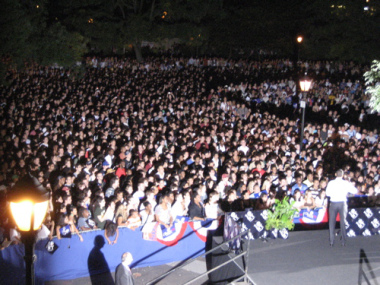
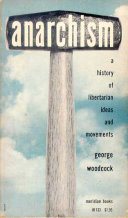
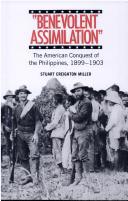
 Nearly 3 years since I originally wrote it, my rambling essay
Nearly 3 years since I originally wrote it, my rambling essay 